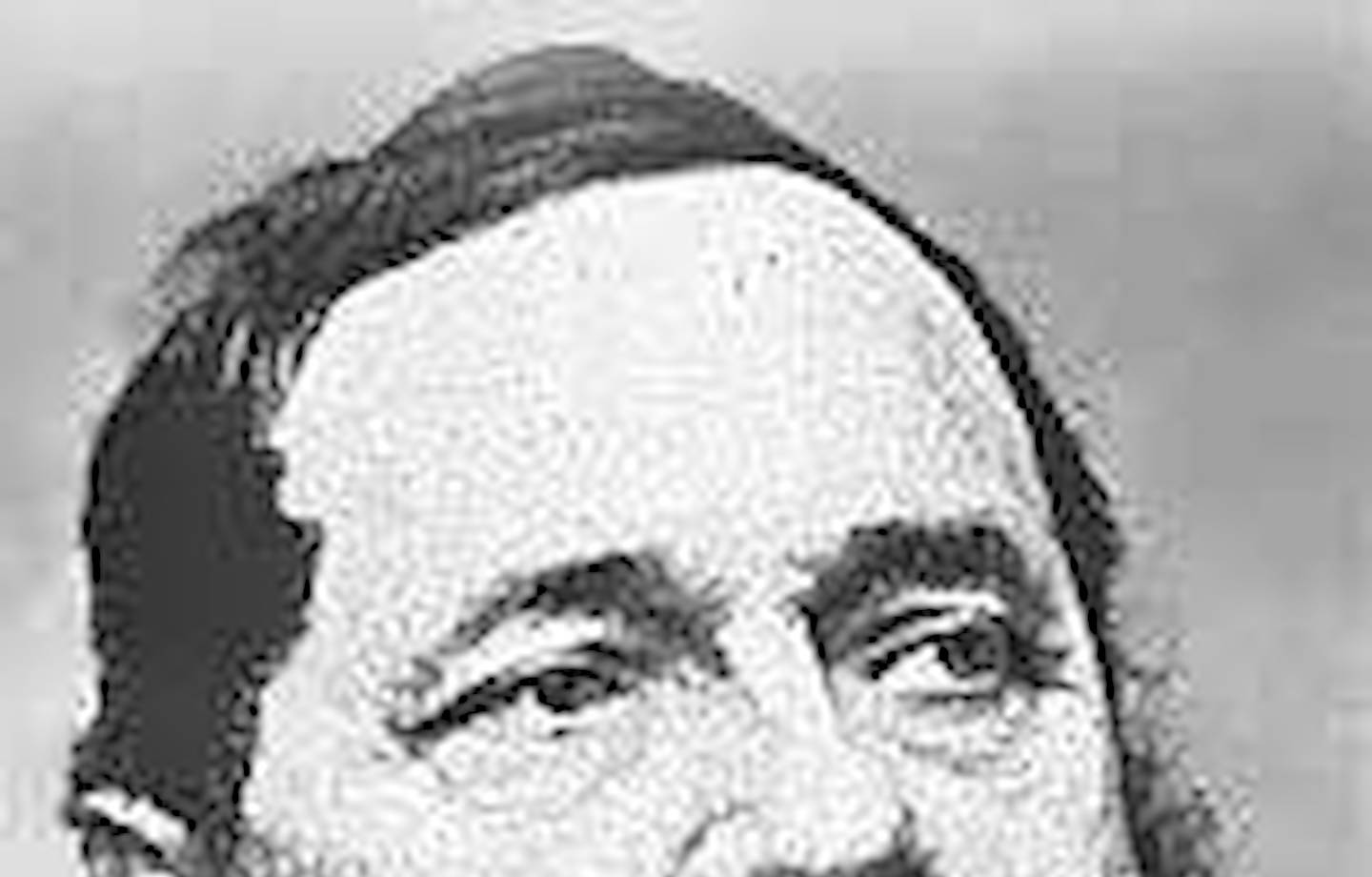Capricious Narratives
depicted -- Adalbert Stifter
The postmodernists dislike grand narratives. It occurred to me that this objection has caused a flood of capricious narratives that are often annoying. Perhaps what feels like toxic postmodernism can be blamed in some instances on capricious narratives replacing grand or persistent narratives.
I'm investigating various ways of characterizing narratives.
We might sometimes accept capricious narratives in place of grand narratives.
Aspects of capricious narratives
—Entitlement
—Peevishness (what am I chopped liver?)
—Rebellion 
—Wild adventurous innovation
This list can be expanded by examining annoying postmodernism and delightful postmodernism, like Tristram Shandy.
Tristram, add --
—witty impertinence
The obnoxious & toxic stuff is mostly contemporary and will not survive and so it will be hard to discuss because it’ll just be sloughed. It will be sloughed unless it destroys us. Either way it doesn’t survive.
The other alternative to a grand narrative is a pragmatic one that is meant to serve a purpose and then disappear. This is a great tradition in 19th C. US -- Peirce, William James, Dewey. But also in Germany and Austria -- Adalbert Stifter & Karl Kraus.
Karl Kraus In These Great Times
Adalbert Stifter's preface to Bunte Steine--
It was once remarked in criticism of me that I only image small things, and that my people are always ordinary people. If that is true, then, today I am in a position to offer my readers something still smaller and less significant, namely, a variety of entertainments for young hearts. Not even virtue and morality shall be preached in them as is customary, but they are to have their effect solely through what they are. If there is something noble and good in me, then it will repose of itself in my writings; but if such things are not in my spirit, I shall strive in vain to represent elevated and beautiful things—the vulgar and ignoble will always become visible. For me art is something so elevated and sublime, for me, as I once said in another place, the highest thing on earth, after religion, so that I have never regarded my writings as poetic works, nor will I ever presume to regard them as poetic works. There are few poets in the world; they are the high priests, they are the benefactors of the human race; yet there are very many false prophets. But, if not all utterances can be poesy, they still could be something else not wholly without right to exist. To provide a pleasant hour for congenial friends, to send a greeting to all such friends, known and unknown, and to contribute a grain of the good to the edifice of the eternal -- this was the intention of my writings and will remain their intention. I would be very happy if I could know with confidence that I had achieved this intention. But since we are speaking of the great and the small, I shall set forth my views, which probably diverge from those of many other people. The flow of the air, the rippling of the water, the growth of the green, the waves of the sea, the greening of the earth, the gleaming of the sky, the twinkling of the stars I considered great; the splendidly rising storm, the lightning that splits houses, the tempest that drives the surf, the fire-spewing mountain, the earthquake that buries whole countries, I consider not to be greater than the former phenomena; indeed, I consider them smaller, because they are only effects of much much higher laws. They appear at isolated places and are the results of one-sided causes. The force that makes the milk in the poor women’s pot search up and overflow is the same one that drives up the lava in the fire-spewing mountain and makes it flow down the mountainsides. These phenomena are only more conspicuous, and catch the eye of the ignorant and inattentive, while the mental processes of the true observer tend primarily to the whole and the general and can recognize magnificence only in them, for they alone sustain the world. The details pass away and in a short time their effects can hardly still be recognized. Let us elucidate what has been said with an example. If a man were to observe a magnetic needle, whose one end always points north, day after day at fixed times and were to write in a book the changes as a needle points north now more clearly, now less, certainly an ignorant person would look upon this activity as something small and frivolous; but how awesome does this small thing become and how inspiring this frivolity when we learn that these observations are really being made all over the world and from the tables compiled from them it emerges that many little changes in the magnetized needle often occur at all points of earth at the same time and to the same degree, that the whole surface of the earth, as it were, feels a magnetic shiver at the same time. If we had a sensory organ for electricity and the magnetism emanating from it, such as we have eyes for the light, what a great world, what an abundance of immense phenomena would be open to us. But if we do not have this physical eye, we have the mental eye of science, and this teaches us that the electrical and magnetic force acts upon a huge scene, that it is spread over the whole earth and through the whole sky, that it flows around everything and manifests itself in gentle and incessant transmutation, by forming shapes and generating life. Lightning is just a small feature of this force, which itself is something great in nature. But because science only secures grain upon grain, only makes observation upon observation, only assembles the general out of the particular and because, after all, the quantity of phenomena and the field of the given are infinitely large, and God therefore has made the joy and bliss of research inexhaustible, we, too, in our workshops can only represent the particular, never the general, for that would be all Creation: so the history of what is great in nature subsists in a constant change of perspectives on this greatness. When humans were in their childhood, their mental eye still untouched by science, they were seized by what was nearby and conspicuous and swept away to fear and wonder; but when their faculties were opened, as they began to direct their attention to the connection of things, the particular phenomena sank ever more in importance and the law ascended ever higher; the marvels ceased, the miracles increased.
--transated by Jeffrey L. Sammons
I'll keep transcribing the entire preface. I could not find it on the web in English. This may be the only source on the web.
Am I trying to crack the question of the toxicity or benignity of narratives? Not all grand narratives are bad.
Certain musical threads that persist for a thousand years are not toxic. They are a lifeline. I'm talking about persistent musical elements such as the Lydian phenomenon from Perotin to Boykan, Reich and Riley, discussed HERE.
Another thought -- what TE Hulme insists in his essay, "A Tory Philosophy", is permanant in humankind are such threads. Hulme's Tory argues the unperfectabiliity of man. I found that problematic, and yet there will be some spheres where values and flaws persist over centuries and centuries.
Lydian from Perotin to Boykan is an example. And it really goes back to Greece, but so little of that music survives in a reproducable form.
Perhaps think of it this way -- persistent narratives are benign, grand narratives, for manipulation, are toxic.
Hulme is basically saying that people have always and will forever be stupid and fall prey to the most transparently stupid manipulations. That's not a grand narrative. Reading Albert Salomon's essays, many of his sociology heroes speak of "the identity of man", including Jacob Burckhardt. I believe these thinkers are saying the same thing as Hulme. The US founders also were aware of the eternal propensity of the masses to be manipulated by demogogues. The identity of man is unruliness.
While we're angry at Americans who voted badly, being led by the nose by Fox News, there's an image to keep in mind. See the manipulated as Preston Sturgess depicts the prisoners in that prison scene in Sullivan's Travels.
Running. More soon, and revisions soon.

